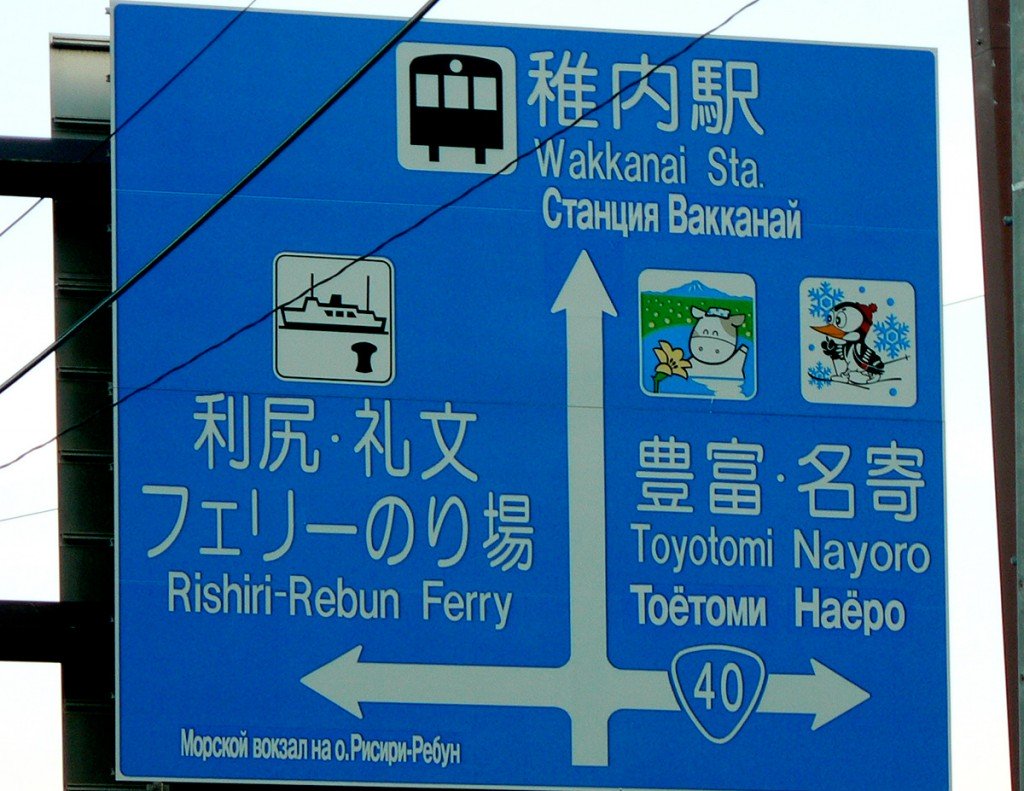
Trying to do business in Japan without speaking Japanese is not impossible, but it greatly limits the type of activities you can engage in. Unfortunately, learning Japanese is not an easy undertaking. The Japanese language integrates three different alphabets, two parallel phonetic ones the hiragana and katakana, featuring 46 corresponding characters, and the kanji, or Chinese characters, which were imported from China along with Buddhism centuries ago.
Most kanji have at least two different readings that can change depending on other characters they are combined with to form compounded words. 1945 “joyo” kanjis are taught through 9 years of mandatory education (up to the third year of Junior High School) and are required to read the newspaper. The number of kanji learned by Japanese language students keeps increasing through high school, university and graduate studies, each specialization coming with its own set of specific characters. In addition to this very complex writing and reading system, the language features various levels of politeness, all equipped with specific humble or honorific vocabulary and formulations.
Doing business in Japanese requires mastery or at least a thorough knowledge of these elements. It goes without saying that it is not practical to expect a foreign expatriate to acquire the necessary language skills to do business in Japanese, especially while holding a full time position in the company. It would actually be more realistic and effective to train a Japanese speaker to understand your technology and master it to a degree sufficient to be able to discuss the technology or product from a business perspective. This is not to say that the expatriate employee should not learn Japanese, a little Japanese goes a long way to demonstrate commitment to the market to your potential clients and partners, and it makes life in Japan so much more enjoyable.
First Step’s advice, have reasonable expectations when it comes to learning Japanese, and focus instead on training Japanese speaking staff to understand your product.
